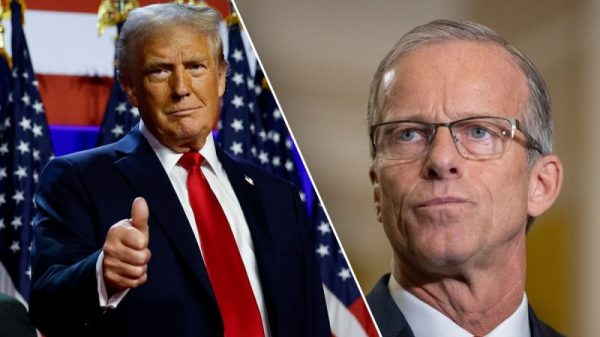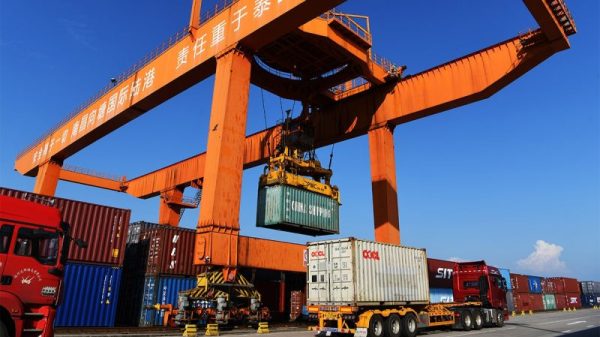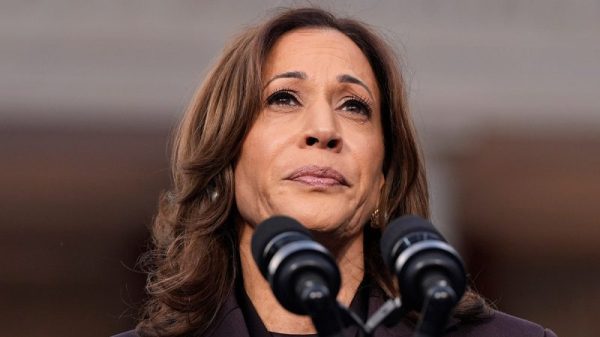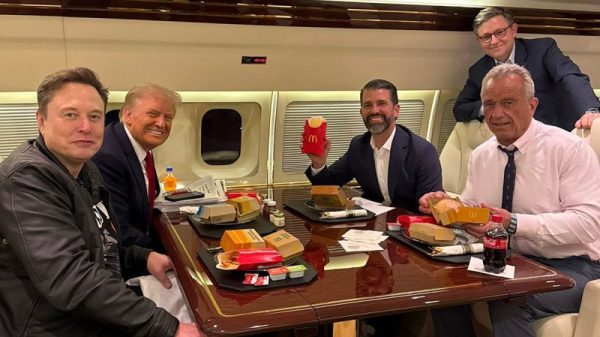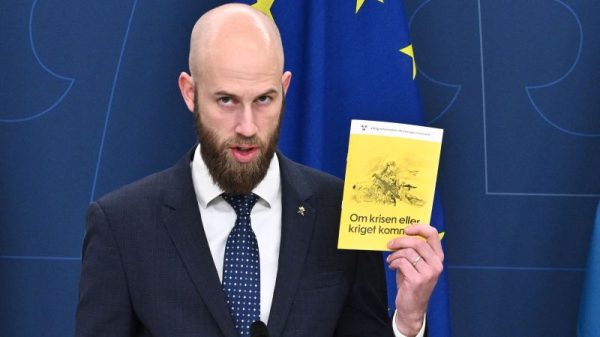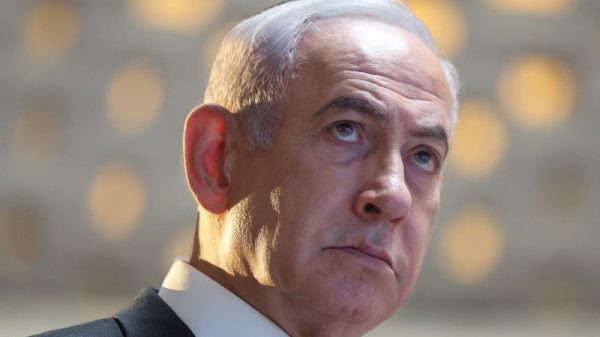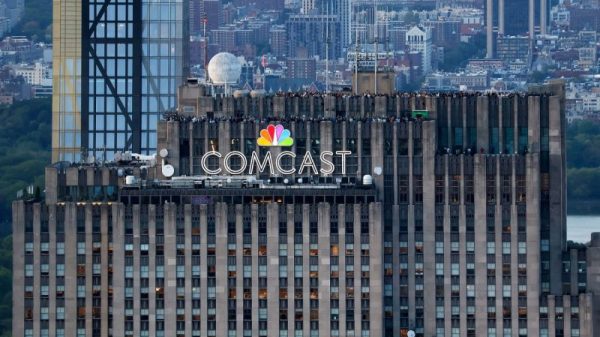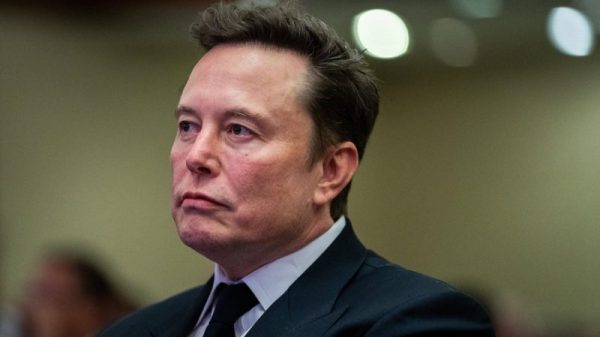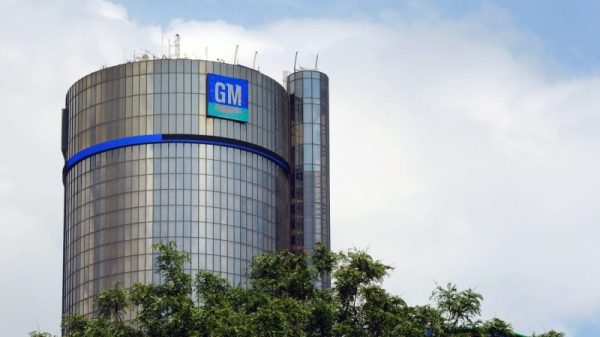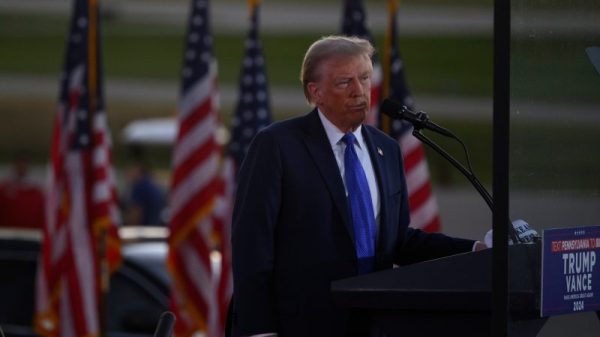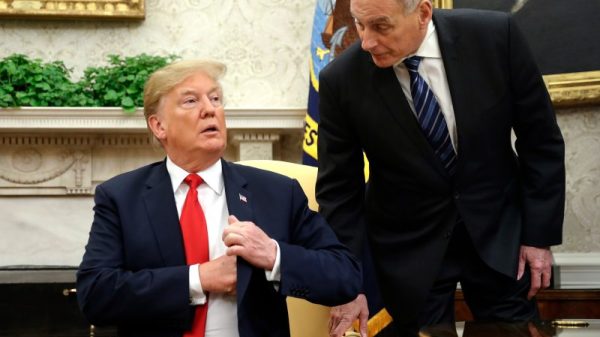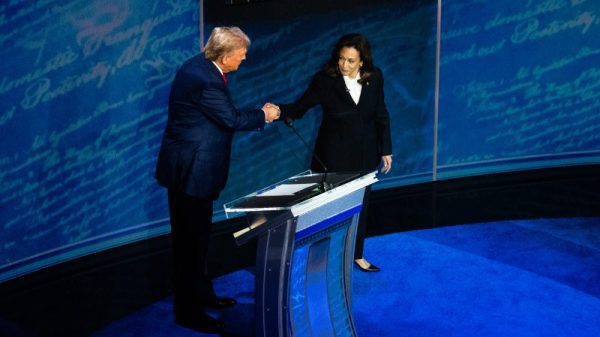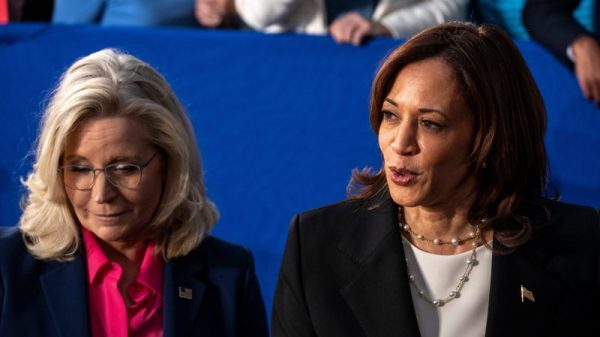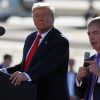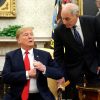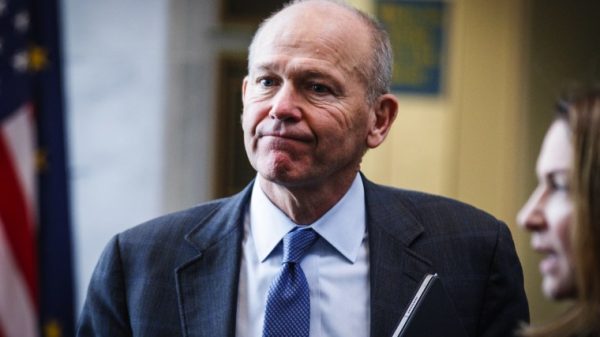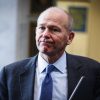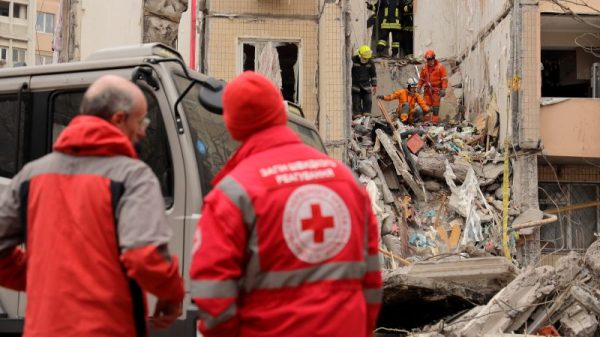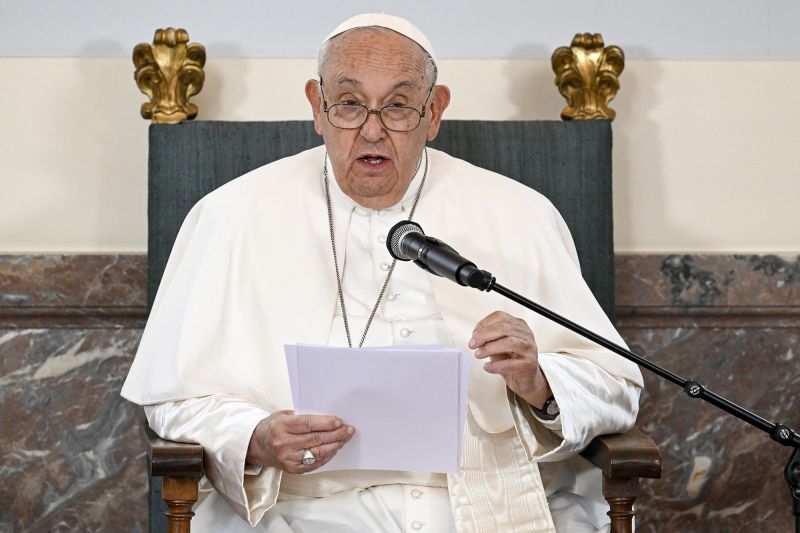 The political landscape in Israel is currently in a state of flux as conflict with Hezbollah, the Lebanese militant group, intensifies. This escalating conflict has the potential to influence Israeli domestic politics in various ways. It brings security and defense issues to the forefront, potentially benefiting those political parties and leaders seen as strong on these matters.
The political landscape in Israel is currently in a state of flux as conflict with Hezbollah, the Lebanese militant group, intensifies. This escalating conflict has the potential to influence Israeli domestic politics in various ways. It brings security and defense issues to the forefront, potentially benefiting those political parties and leaders seen as strong on these matters.
The current Prime Minister Naftali Bennett and his coalition government are dealing with a delicate balancing act, having to manage this conflict while also maintaining stability within a coalition that spans the political spectrum from left to right. The situation could impact their approval rating among the Israeli public depending on how they handle these tensions.
Furthermore, the conflict could pave the way for a political comeback from former Prime Minister Benjamin Netanyahu. Known for his hardliner stance on security issues, Netanyahu may use the escalating tensions as a platform to criticize the current government and position himself as a ‘stronger’ alternative.
However, it should be noted that Israel’s political scenario remains complex and fluid, with many factors at play. Therefor, the outcome of this situation on the Israeli political landscape remains uncertain.




